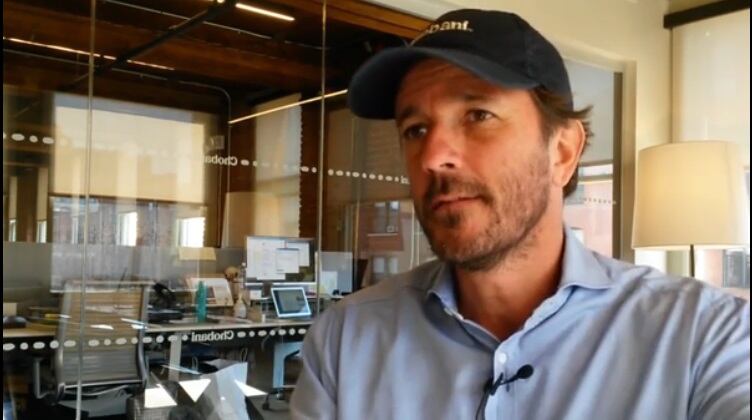“In the battle just to get your first production run done, it can be really easy to go to a broker and let them do the entire work of picking which account you will be in and just get you on the shelf. And maybe that works out. But brokers and distributors have very different incentives than the founder does,” and that can be detrimental in the long run, he said.
Specifically, he cautions that distributors are incentivized to get a product in as many doors as possible, as fast as possible.
This may sound good in theory to a founder, but it can spread young companies too thin so that they are unable to provide retailers with the necessary support to generate the velocity needed to protect their shelf slots.
Plus, Richardson warns, some of the locations a distributor picks might not be a good fit for a new brand.
“By definition a broker is someone with amazing relationships with merchandizers and buyers and that is going to lead them to take you places where they have good relationships that may not be where your offerings need to go to do really well,” he said.
“And it is not their job to figure that out,” he added. “It is the founder’s responsibility to know their category and know what their strategic plan should be and the use brokers and distributors as agents of access.”
Crafting a strategic plan need not be intimidating
Richardson acknowledges that many founders may be intimidated by crafting a strategic plan, but he assures it doesn’t need to be an opus. Rather, he says, for early stage companies it just needs to be one page.
“Strategic plans work better for founders because you can holistically manage everything and you, the founder, can execute on all four ‘ps’ of marketing. There is no bureaucracy in the way – so keep it short,” he said.
The plan needs to include two core elements, he advises. The first is a revenue target.
“It sounds off, I think, to people who are new, and I get that because they are just like, ‘I am just surviving. I am just trying to survive and now you are asking me to dream,’” he said. But that dream is what keeps reality on track, he added.
He explained that this number isn’t plucked out of thin air, but rather is just shy of production capacity so that an entrepreneur is not at risk of overpromising.
Once the number is written down, it is unambiguous – “so if you didn’t meet the goal, it forces you … to ask why. It forces the whole company, and you especially, to be very objective and pragmatic about the business,” Richardson said, adding: “That is why I like plans for founders.”
In addition to the revenue target, the strategic plan should include one sentence describing the company’s competitive strategy and what sets it apart from the competition, Richardson said.
“If you can’t get that one-liner right, you haven’t studied your category well enough, which is another great thing that strategic plans do for you,” Richardson said.
Ultimately, Richardson said, a strategic plan with a competitive statement will give entrepreneurs the confidence and wisdom they need to impress buyers and investors, and to manage their distributors for strong, sustainable and long-term growth.



